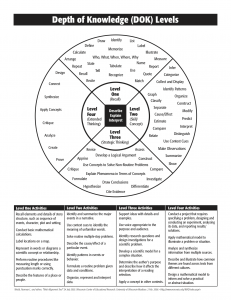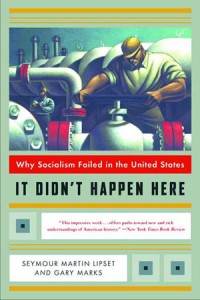Everything is a Remix Part 3 from Kirby Ferguson on Vimeo.
Part 3 of 4 videos by Kirby Ferguson on the idea of remixing, copying, creativity, innovation, etc. I will be using this video tomorrow in a discussion group with 20 new students at the College of Charleston. The plan is to link a liberal arts education to the positive outcomes of remix, which Ferguson defines fairly broadly. If copying, adapting, and remixing are the means by which culture and technology move forward, wouldn’t it make sense to have the broad basis for remixing that a liberal arts and sciences education could convey? That’s what I hope to show tomorrow — after showing this, that is.





